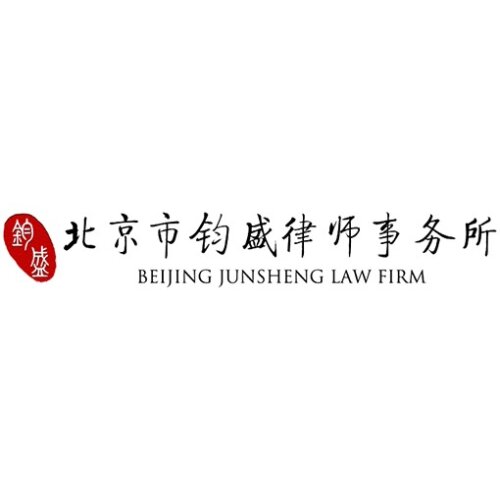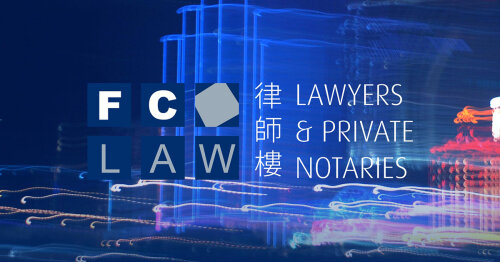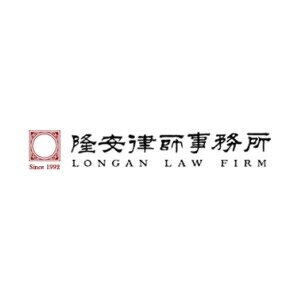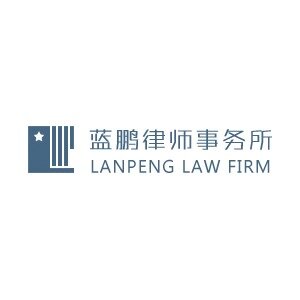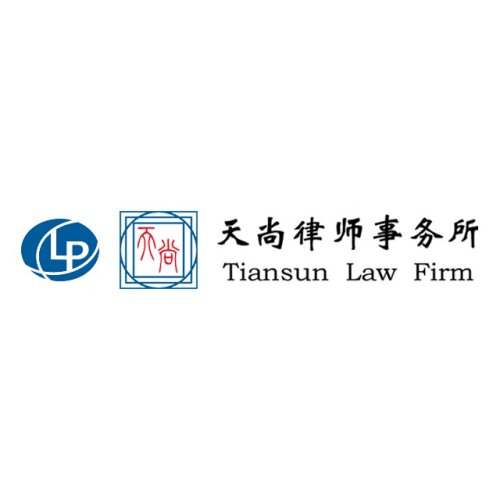Best Criminal Litigation Lawyers in Beijing
Share your needs with us, get contacted by law firms.
Free. Takes 2 min.
List of the best lawyers in Beijing, China
About Criminal Litigation Law in Beijing, China
Criminal litigation in Beijing, China, refers to the legal process involving individuals or entities that have been accused of committing a criminal offense. Criminal law in China is governed by the Criminal Law of the People's Republic of China and the Criminal Procedure Law, which set forth the legal framework for handling criminal conduct, ensuring public safety, and protecting the rights of both victims and defendants. In Beijing, as in other cities, the legal process is typically characterized by an investigation led by the police or other state security agencies, followed by a trial where the accused is prosecuted by public prosecutors and the case is heard by judges in the People's Courts.
Why You May Need a Lawyer
There are several scenarios in which an individual might require legal assistance in criminal litigation. A lawyer can provide vital support in cases of arrest, where a person needs representation during questioning, bail hearings, and negotiating with authorities. In instances of formal charges for criminal activities ranging from theft, fraud, drug offenses, to more serious crimes like homicide, a lawyer is essential for defense. Even for lesser infractions, professional legal advice is important for understanding the charges and potential penalties, as well as protecting one's legal rights throughout the criminal process.
Local Laws Overview
Key aspects of local laws relevant to criminal litigation in Beijing include the principle of legality, which requires that crimes and their consequences are strictly defined by law. The rights of the accused, such as the presumption of innocence and the right to defense, are also enshrined in law. Additionally, there are provisions for various stages of the criminal process, including investigation, indictment, trial, and appeal. Sentencing in China can include penalties ranging from fines and detention to more severe punishments like life imprisonment or the death penalty for the most serious offenses.
Frequently Asked Questions
What should I do if I am arrested in Beijing?
If you are arrested in Beijing, it is important to remain silent and request an attorney immediately. Under Chinese law, you have the right to legal representation and it is advisable to make no statements or sign any documents until your lawyer is present.
Are foreigners entitled to a lawyer in China?
Yes, foreigners are entitled to legal representation in China just like Chinese nationals. It's recommended that they contact their embassy or consulate to receive assistance in finding a lawyer who is experienced in dealing with cases involving foreign nationals.
How long can I be detained without a charge?
In China, authorities can detain a suspect for up to 3 days without a charge for ordinary criminal cases, and up to 30 days in special circumstances. For serious criminal cases, the duration could extend longer, pending investigation.
Can I face trial without being present in the court?
In most cases, the accused must be physically present during the trial. However, there are certain exceptions where a trial in the absence of the accused can occur, especially if the accused has fled or refuses to appear.
What is the role of the prosecutor in criminal litigation in China?
The prosecutor in China is responsible for examining public prosecutions, approving arrests, deciding on indictments, and supporting the public prosecution during the court trial.
Can I appeal a guilty verdict?
Yes, under Chinese law, both the defendant and their legal representative have the right to appeal a guilty verdict to a higher court for review.
What is the death penalty policy in Beijing?
The death penalty is the most severe form of punishment in China and is reserved for particularly serious crimes. Its application is strictly regulated and must undergo a review process by the Supreme People's Court before being carried out.
Is there a jury system in China’s criminal litigation process?
No, China does not have a jury system like many Western countries. Instead, trials are conducted by a panel of judges or a combination of judges and people's assessors who are equivalent to lay judges.
What happens if I cannot afford a lawyer?
If you cannot afford a lawyer, you may be eligible for legal aid. China has a legal aid system designed to ensure that individuals who lack financial resources can still receive legal representation in criminal cases.
How long do criminal trials usually last in Beijing?
The length of criminal trials in Beijing can vary significantly depending on the complexity of the case, the amount of evidence, and the court’s schedule. Some trials can conclude in a matter of days, while more complex cases might take months or longer. Expedited procedures are available for minor offenses.
Additional Resources
Those seeking legal advice in the field of criminal litigation in Beijing, China, can refer to the following resources:
- The Ministry of Justice of the People's Republic of China for legal frameworks and policies
- Beijing Legal Aid Center for assistance if you cannot afford legal representation
- The All China Lawyers Association, which provides a directory of lawyers and law firms
- Your home country’s embassy or consulate if you are a foreign national
Next Steps
If you need legal assistance in criminal litigation in Beijing, the first step is to consult with a qualified criminal lawyer who understands Chinese law and can communicate effectively in your language. They can help you understand the charges against you, the legal process, and your rights under Chinese law. It’s crucial to act swiftly as the early stages of criminal litigation can be critical for your defense. To find a lawyer, contact the All China Lawyers Association, inquire with legal aid services, or seek referrals from your embassy or consulate.
Lawzana helps you find the best lawyers and law firms in Beijing through a curated and pre-screened list of qualified legal professionals. Our platform offers rankings and detailed profiles of attorneys and law firms, allowing you to compare based on practice areas, including Criminal Litigation, experience, and client feedback.
Each profile includes a description of the firm's areas of practice, client reviews, team members and partners, year of establishment, spoken languages, office locations, contact information, social media presence, and any published articles or resources. Most firms on our platform speak English and are experienced in both local and international legal matters.
Get a quote from top-rated law firms in Beijing, China — quickly, securely, and without unnecessary hassle.
Disclaimer:
The information provided on this page is for general informational purposes only and does not constitute legal advice. While we strive to ensure the accuracy and relevance of the content, legal information may change over time, and interpretations of the law can vary. You should always consult with a qualified legal professional for advice specific to your situation.
We disclaim all liability for actions taken or not taken based on the content of this page. If you believe any information is incorrect or outdated, please contact us, and we will review and update it where appropriate.



